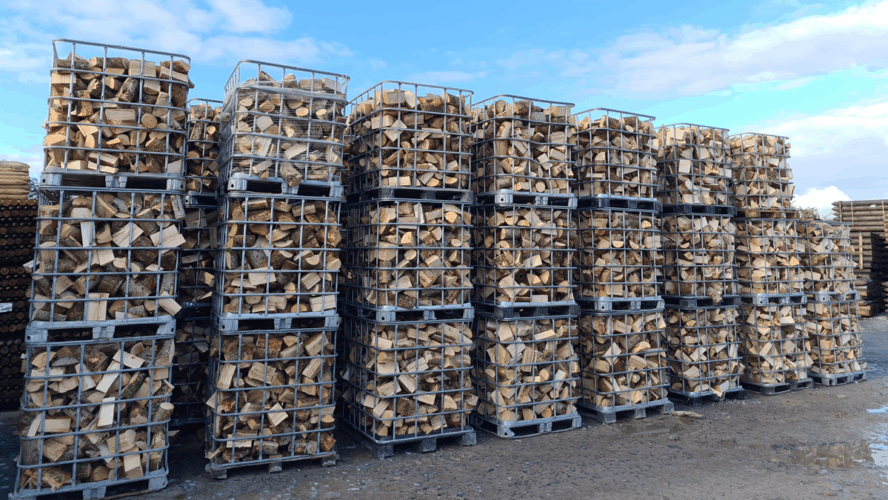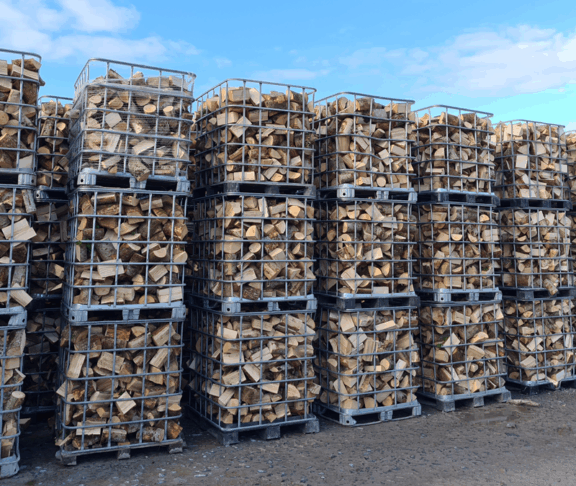
Sean Finan
CEO, IrBEA
The Irish Bioenergy Association (IrBEA) plays a crucial role in advancing the development and deployment of sustainable bioenergy across Ireland. As the representative body for the sector, IrBEA works to promote biomass, biogas/biomethane, liquid biofuels, biochar, energy crops and wood fuels as key components of Ireland’s transition to a low-carbon economy. Our mission is to ensure that bioenergy continues to make a meaningful contribution to Ireland’s renewable energy targets and climate change commitments.
Ireland faces significant challenges in decarbonising heat, transport and electricity. While other renewables such as wind and solar are central to the energy transition, they cannot meet all needs alone. Dispatchable, locally produced bioenergy offers a flexible, complementary solution. Bioenergy is versatile—it can generate renewable heat, electricity and transport fuels, while also supporting rural communities. IrBEA’s advocacy ensures that policymakers, industry stakeholders and the public understand these benefits.
Bioenergy is rooted in the circular economy: turning residual, indigenous biomass resources into clean energy. For farmers, it can provide diversification opportunities. For rural communities, it can create jobs in feedstock supply chains, plant operation and maintenance. By reducing reliance on imported fossil fuels, Ireland can strengthen energy security while retaining economic value at home.
IrBEA also continues to work to dispel misconceptions about bioenergy. Through research, knowledge sharing and stakeholder engagement, it showcases how modern technologies deliver carbon savings, improve air quality and recycle nutrients back to the soil. By building public understanding, IrBEA helps foster confidence in sustainable bioenergy as part of Ireland’s energy mix.
The role of bioenergy in meeting climate objectives cannot be overstated. Bioenergy continues to provide the largest proportion of the renewable’s portfolio globally, by some margin. Ireland’s Climate Action Plan requires rapid progress in reducing emissions from heat, transport and agriculture, areas where bioenergy is uniquely positioned to deliver. Biomethane can directly replace natural gas in the grid, providing a renewable alternative for heat, power and transport. Sustainable biomass can decarbonise industry, particularly when supported through schemes such as the Support Scheme for Renewable Heat (SSRH), while advanced biofuels support the transport sector. Biochar is showing promise in the carbon removals space while also providing bioeconomy and farm opportunities.
Through advocacy, education and collaboration, IrBEA ensures that bioenergy receives the recognition and policy support it deserves. As Ireland charts its path to net zero, bioenergy—championed by IrBEA—offers a home-grown, sustainable, and practical solution that benefits the environment, the economy, and communities nationwide.
IrBEA’s National Bioenergy Conference takes place on October 9th in Killashee Hotel, Naas, Co. Kildare. Further information on the speakers can be found at www.nationalbioenergyconference.ie this premier event, is kindly sponsored by Gas Networks Ireland, Sustainable Energy Authority of Ireland (SEAI) and Worrell Harvesting.


